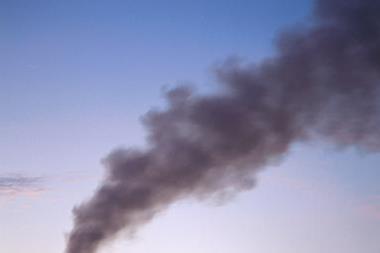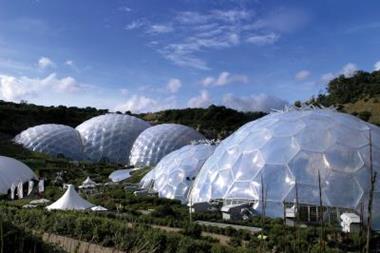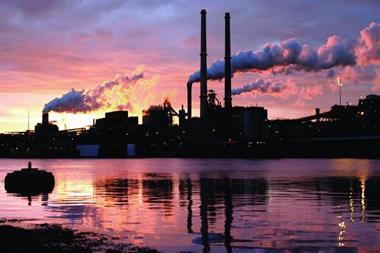A new report finds that temperatures and greenhouse pollution are rising faster than predicted by the IPCC
A new report shows that temperatures and greenhouse pollution are rising faster than predicted by the Intergovernmental Panel on Climate Change (IPCC).
The report, released by the Climate Institute, was prepared by Dr Graeme Pearman and the Climate Adaptation Science and Policy Initiative at the University of Melbourne.
The report shows global temperature warming is accelerating faster than expected. If continued such a trend will lead to a temperature rise of approximately 3oC by the end of this century (relative to pre-industrial temperatures).
Carbon dioxide emissions growth rate is increasing from 1.1% per year for 1990-1999 to over 3% per year for 2000-2004, said the report. Exceeding that used in the most fossil fuel intensive emissions scenarios by the IPCC.
On the basis of current trends, predicted by the research, an ice free Arctic ocean might occur much earlier than 2050 – 2100 as previously thought.
“This science report shows that it is even more critical than previously thought that we act quickly to reduce greenhouse pollution and make the transition to a clean energy economy.
Climate Institute chief executive John Connor
The research also finds that the observed sea-level rise for 1993 to 2006 shows a linear trend of 3.3 +/- 0.4 mm/year - higher than the IPCC projected best estimate of 2mm/year.
The recent scientific work also suggested that the capacity for the land and oceans to absorb carbon dioxide emissions is declining.
Climate Institute chief executive John Connor, said: “Data on the economic impact of reducing greenhouse pollution shows that the greatest risk to jobs and the Australian economy lies in not acting now. All available economic research shows economic growth continues even with significant cuts to greenhouse pollution.”
He added: “This science report shows that it is even more critical than previously thought that we act quickly to reduce greenhouse pollution and make the transition to a clean energy economy.”




















No comments yet